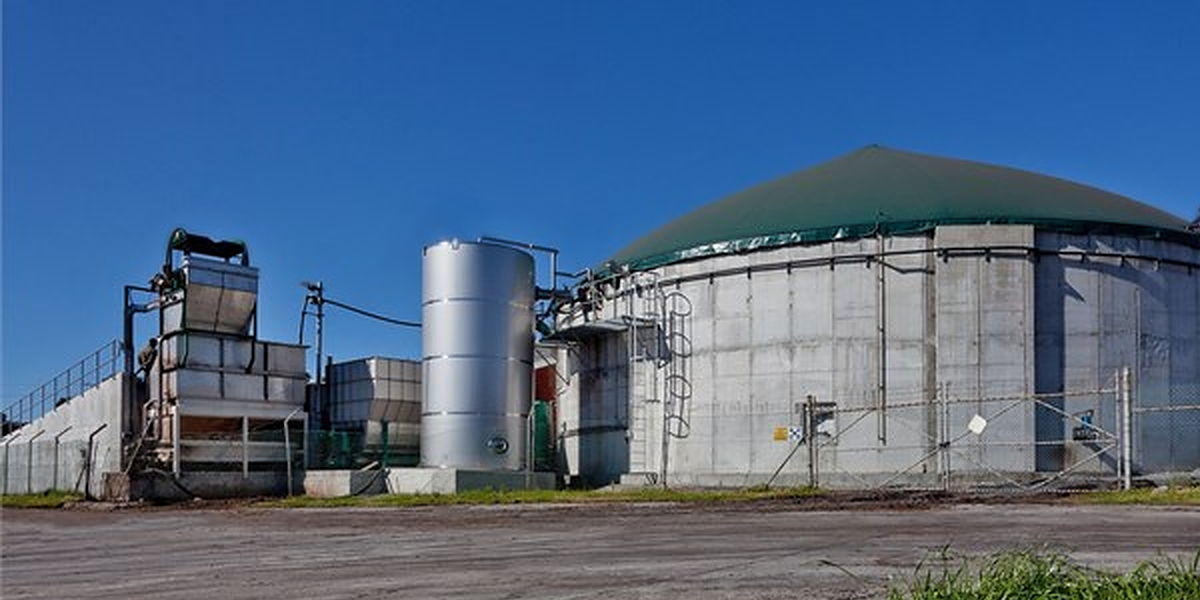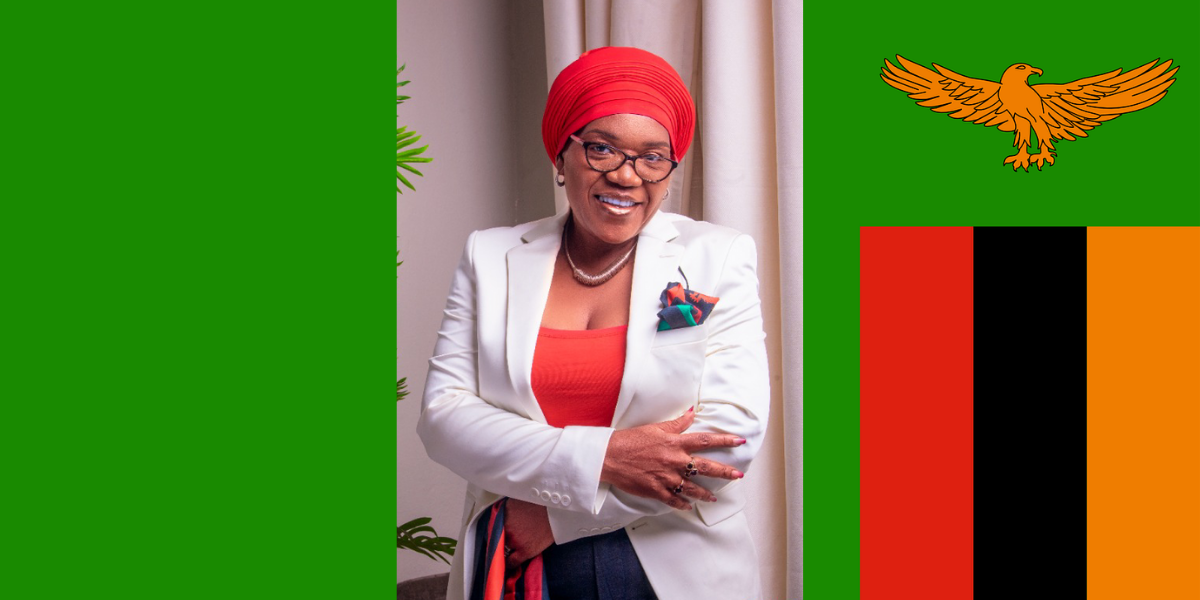
Ethel Cofie is the CEO and founder of EDEL Technology Consulting, an IT consulting company, and also the founder of Women in Tech Africa, Africa’s largest network for women in tech.
Dr Akanimo Odon recently interviewed Ethel to find out a little more about her and her experience as a power lady and innovator.
Please briefly share with us your professional history.
Named one of the Top 5 Women influencing IT in Africa, I am the CEO & Founder of EDEL Technology Consulting, an IT consulting company in West Africa and Europe which was recently named IT Consulting Firm of the Year by the Telecoms and IT Industry, and also the founder of Women in Tech Africa, Africa’s largest women in tech group with members in over 30 Africa countries and in the diaspora and growing and the 2018 UN Equals in Tech Award Winner, Leadership Category.
Give us a sense of your current work and affiliations.
EDEL Technology Consulting is an IT consulting firm which offers IT consulting services such as software development, IT audit services, business continuity plans, etc. We work to develop strategies in building IT software and apps to bring your IT services to an acceptable standard. So, in our business, we use strategy and technology to bring business success, and it is all about going into a company and looking at how they add value to their customers through Tech. I founded Women in Tech Africa to encourage more women into the technology career and we are doing amazingly well as we have chapters across Africa and Europe.
How did you get to hear about and engage with RECIRCULATE as a project and what has been your experience engaging with RECIRCULATE?
My contact with RECIRCULATE was via an invitation sent to me by Lancaster University. The RECIRCULATE project is an action-oriented research project aimed at driving eco-innovation in Africa through building capacity for a safe circular water economy to deliver innovative solutions to pressing problems with water use and safety. It can be underestimated how local researchers need to be supported to work with each other and join hands to solve water economy issues and the long term impact of this project cannot be underestimated.
The COVID pandemic has brought a new layer of challenge to professionals all over the world but research suggests that women have been more disproportionately affected. What is your view on this?
Women have suffered the most at the outbreak of the pandemic, the quick shift from normal to new normal, providing care for their households’ while ensuring their businesses are thriving is not an easy task. If these new entrepreneurs as well as existing women business owners are enabled with equal access to the knowledge, skills and resources more readily available to men, we will see the economic uplift societies desperately need post-pandemic.
What would you say are the two biggest challenges you face as a female innovator and entrepreneur and how do you mitigate these?
Limited Funding – this is faced by most female entrepreneurs in the industry due to some cultural and gender biases. Male-owned businesses have usually been considered when funding opportunities come. Another challenge is lack of support system for the female industry – support from each other is not strong enough. External support is needed in terms of building relevant connections, needing financial assistance and emotional support to thrive.
I have learnt to keep to the focus irrespective of the challenges. I leverage my advantages coming from a family of entrepreneurs. I have learnt to step up and play the game instead of guessing if I may fail or succeed.
What do you think women should do better to enhance their professional careers?
Build relevant networks and learn from each other. Strive to learn how your colleague does it, the strategies they have employed which you don’t have rather than seeing yourself to be in competition with them. Be open to learn and take up little opportunities while building a brand.
Any final thoughts please?
Policy makers have a crucial role to play in making sure that women entrepreneurs, and their businesses, are here to stay. Women should have access to special support packages designed to strategically help their businesses to thrive through this pandemic.
There should be increased opportunities to get women to sign on to projects like the RECIRCULATE project that seeks to address societal issues which affect livelihoods especially for women.
All articles in The FLOW are published under a Creative Commons — Attribution/No derivatives license, for details please read the RECIRCULATE re-publishing guidelines.




